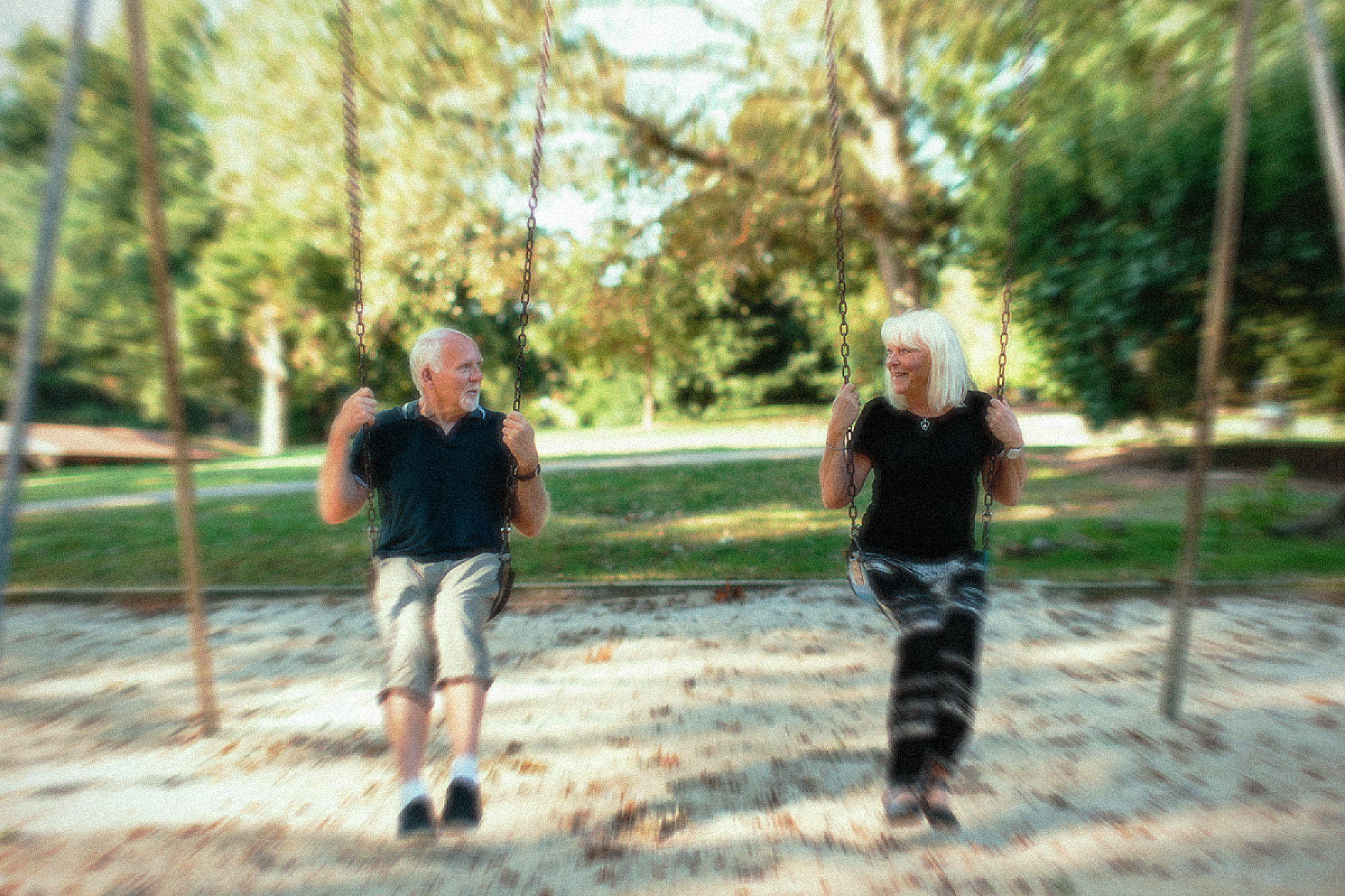
- Text Alexis Castro & Maggie Fischer
- Design Jasmine Bae
With every trip to the pharmacy or Sephora, it seems the shelves are stocked with new beauty and wellness products—for men. Indeed, the market for male grooming products is predicted to be worth $115 billion by 2028, up from nearly $80 billion in 2022.
With so much disruption happening in the industry, we asked 10 male-identifying D1Aers: What encourages them to try a new product? And what keeps them loyal to a brand they grew up with?
Converting loyal customers away from their tried and true brands will always be a challenge, but our respondents have helped us see that they are open minded to change in this category. If newer beauty and wellness brands can provide an experience that feels approachable, natural and high quality, then there's opportunity for meaningful shifts and new main players as the men’s grooming category continues to grow.
Dive into more insights below:








1. What is your primary motivator in choosing between brands in the male beauty and wellness space?
“I'll usually choose a brand or product if it has worked well for me in the past, or if it comes highly recommended by someone I trust.” - Fico Ramirez
Definitely price – deodorant is so wacky these days! I don't really care as much about ingredients, I care about what gets the job done. That said, I will splurge a bit more for facial products if they leave a nicer feel on my skin, like Kiehl's for example, versus Neutrogena. I don't want to feel sticky or like there is residue on my skin.
- Trey Taylor
“Quality ingredients and branding that don't feel immature” - Brendan Cook
2. Do you feel like the legacy brands resonate with you today? Why or why not?
“Though I use the products, I don't think they resonate with me too much. From what I've seen, their marketing is still heavily geared towards masculine straight men, and I barely ever see any queer representation.” - Bryan Lezama
There's comfort in the ‘tried and true,’ but I sometimes have the perception that they are slow moving giants and worry that they may not keep up with newer innovations or embody more contemporary values (sustainability, more natural ingredients, issues of fair wages, etc.)
- Philip
3. What are your thoughts on more-masculine-based messaging, like “the best a man can get,” or “smell like a man, man?” Does this style of advertising appeal to you?
I think this type of messaging works for the masses, but is definitely outdated for younger, more open-minded audiences who don't care about gender
- Bryan
“There's a hit of nostalgia, and then a feeling that they're a bit tired at this point.” - Philip Cheaney
“I prefer more educational advertising than entertaining stuff like this.” -Sam McDonald
“I don't mind cheesy, ‘manly’ slogans because I get it, that's from a different time. But the scents and things they deem manly are funny.” - Andrew Downing
4. On the other hand, how do you feel about newer brands in the space who use less “masculine” messaging? Could you see yourself trying some of these brands?
Totally. They feel cleaner, simple and confident. Like they don't need to heavily lean on toxic masculinity to get their point across. Maybe I'm biased because I've always had sensitive skin, but I like how newer brands are launching products with simpler ingredients that are less irritable. Men can be soft, and need soft things too!
- Fico
“No. Absolutely no shame to whomever is compelled by that branding, but it almost seems like it's trying to be so inclusive as to not know who it's aimed at. [For example,] Hims purports to solve hair loss issues, ED issues and I don't even know what else. Seems like a lot of products that could be better targeted towards those different segments” - Trey
“They don't feel like they're putting the consumer in a box or celebrating identities that have long been the norm.” - Bryan
5. So what advice would you give to brands in this space? What makes you want to purchase a new product?
“I would love to see different identities and personalities marketed to, but with care! They'll need to have these folks on the marketing teams first and foremost.” - Bryan
“I'd love to see beauty marketing towards men make strides, but the only 'strides' to be made seem to be along gendered lines and making men feel less scared about traditionally feminine things. I don't think the industry is doing a good job of bringing men ‘along for the ride’ so to speak. It's less participatory and more cringey and performative, which I think is achieving the adverse effect and putting a lot of men off of being an active participant in beauty.” - Trey
I think in order for a brand to be successful they need to have some super clean branding and have really dope collabs. I'm a big believer in dark seeding your products with influencers, mirco-influencers and celebs to generate some hype which will probably make me want to buy it or at least look into it.
- Jacques



